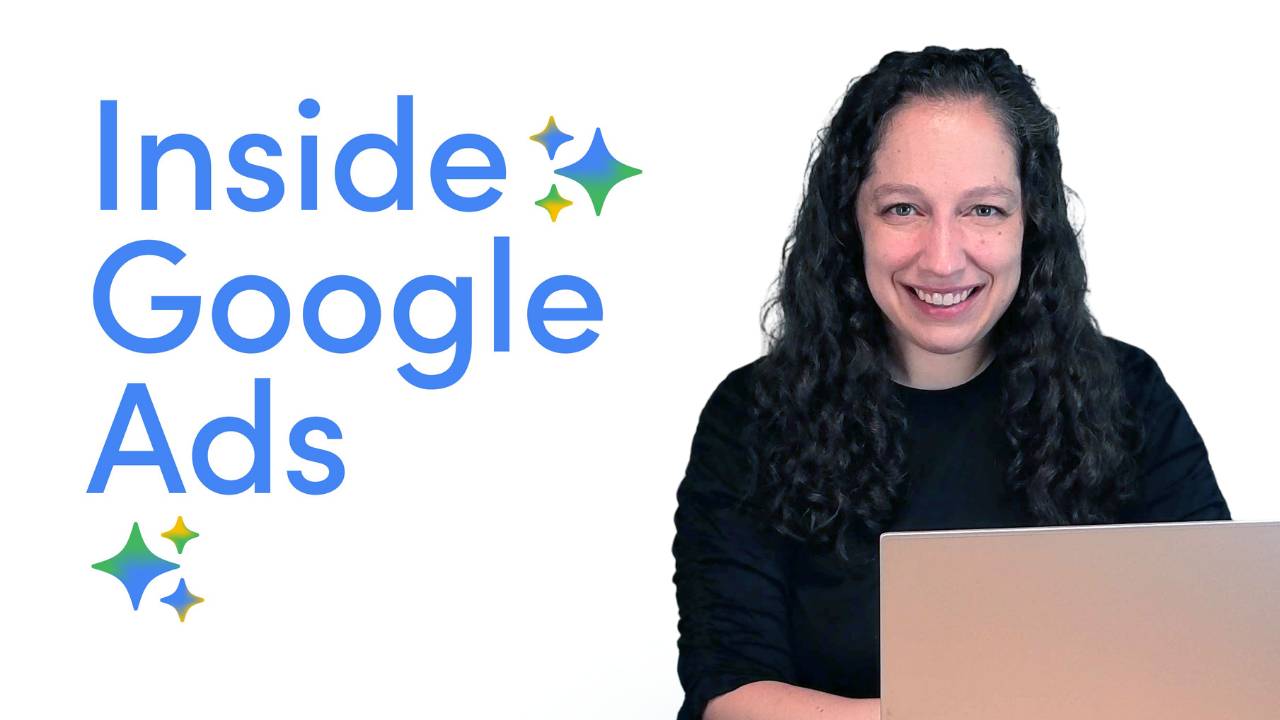How Many Keywords Should Be in One Google Ads Ad Group?
Dec 06, 2024
By: Jyll Saskin Gales, Google Ads Coach
Ever find yourself staring blankly at your Google Ads account, wondering how many keywords you should actually have in a single ad group? You're not alone! It's a common question, and one that often leads to some confusion.
Getting your keyword grouping right is super important for a successful Google Ads campaign. Why? Because well-organized ad groups with relevant keywords lead to higher click-through rates (CTRs), better Quality Scores, and ultimately, a lower cost per click. In other words, you'll get more bang for your buck.
Let's break down the key factors to consider when grouping your keywords in Google Ads. Here's what we'll cover:
- The ideal number of keywords per ad group
- Understanding keyword match types and how they work together
- Why keyword intent is crucial
- Different strategies for small vs. large businesses
How many Keywords per Ad Group?
While there's no one-size-fits-all answer, a good rule of thumb is to aim for 5 to 15 keywords per ad group. But remember, this is just a guideline! Some ad groups might have fewer, or a few more, and that's perfectly okay.
Think of your ad groups like containers. You want to group keywords together that have the same intent. For example, if you're selling headphones, an ad group could include keywords like:
- Wireless headphones
- Bluetooth headphones
- Over-ear headphones
These all indicate that the searcher is looking for a similar type of product. However, if you wanted to target people looking for noise-cancelling headphones, it's best to create a separate ad group, as this represents a different user intent.
Keyword Match Types: Broad vs. Exact
Google Ads offers different keyword match types that control how closely a search query needs to match your keyword for your ad to show. Here's a quick rundown:
- Broad Match: This is the most flexible option, allowing your ad to show for a wide range of searches related to your keyword.
- Phrase Match: Your ad will show for searches that include the meaning in your keyword, but can have additional words before or after.
- Exact Match: Your ad will only show for searches that match the meaning of your keyword.
Historically, phrase match was considered a good middle ground. However, with recent changes in Google Ads, it's becoming less effective (in my experience).
A good strategy is to focus on a combination of broad and exact match keywords, but keep them in separate campaigns. This prevents your broad match keywords from "stealing" budget from your exact match keywords.
Small Business vs. Large Business: Different Strokes for Different Folks
The best approach to keyword grouping also depends on the size of your business and your budget.
- Small Businesses: If you're just starting out, it's often best to begin with a smaller number of exact match keywords (3-15) and gradually expand from there. This allows you to gather data and see what's working before investing more budget.
- Large Businesses: For larger businesses with bigger budgets, starting with broad match keywords and using Smart Bidding can be a more effective way to reach a wider audience.
Key Takeaways for Ad Group Themes
- Intent is king! Group your keywords based on what the searcher is actually looking for.
- Don't duplicate keywords across match types. Choose either exact or broad match for each keyword.
- Consider separating broad and exact match keywords into different campaigns. This ensures your exact match keywords get a fair chance.
- Tailor your strategy to your business size and budget. Start small and focused, then expand as needed.
By following these tips, you'll be well on your way to creating a well-structured Google Ads account that drives results.
Free Google Ads newsletter
Join 8,000+ business owners and marketers discovering my secrets to Google Ads success. Subscribe now for proven tactics in your inbox every other Tuesday.


